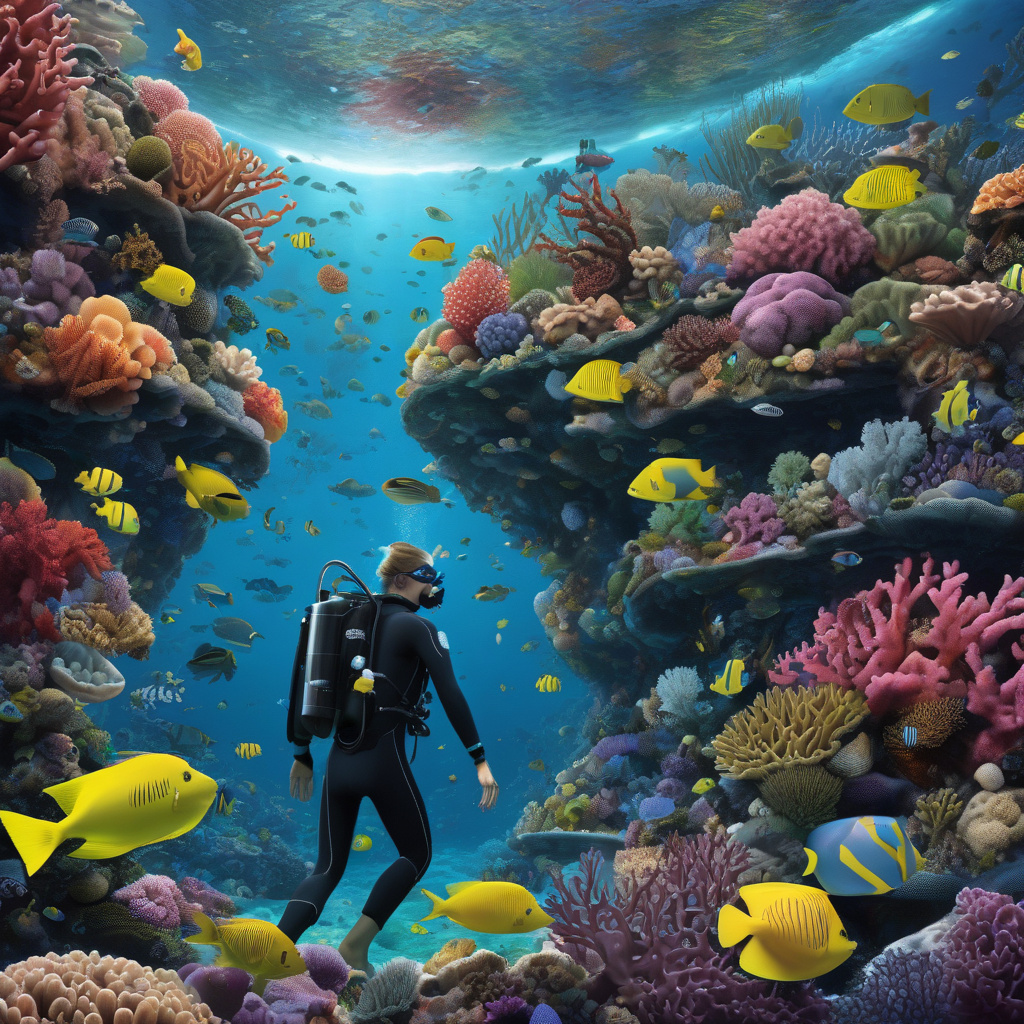US Researchers Identify 230 New Viruses Impacting Ocean Health
Tiny ocean organisms like algae, amoebas, and flagellates are key to the marine food chain, playing a crucial role in sustaining ocean ecosystems. Recently, a groundbreaking study conducted by researchers in the United States has shed light on the presence of 230 previously unknown viruses that are significantly impacting the health of the world’s oceans.
The study, which was published in a leading scientific journal, reveals that these newly identified viruses have a surprising effect on ocean health. While viruses are often associated with causing diseases, especially in humans, they also play a vital role in regulating the populations of marine microorganisms. By infecting and controlling the growth of these tiny organisms, viruses help maintain the delicate balance of the marine ecosystem.
One of the most striking findings of the research is the diversity of the newly discovered viruses. Scientists have uncovered a wide range of virus types, each with its unique characteristics and effects on marine life. Some viruses were found to target specific species of algae, while others had a broader impact on multiple types of microorganisms.
Furthermore, the study highlights the intricate interactions between viruses and their host organisms. Through a series of experiments and genetic analyses, researchers were able to observe how these viruses infect and replicate within their hosts, ultimately influencing the dynamics of the entire marine food web.
The implications of this research are far-reaching. By better understanding the role of viruses in the ocean, scientists can gain insights into how changes in the environment, such as rising sea temperatures or pollution, may alter viral populations and, consequently, marine ecosystems. This knowledge is crucial for developing effective conservation strategies and mitigating the impact of human activities on the health of the oceans.
Moreover, the discovery of these new viruses underscores the importance of continued research and exploration of the marine environment. With advancements in technology and scientific methods, researchers are now able to uncover hidden aspects of ocean life that were previously unknown. This study serves as a testament to the vast potential for discovery and innovation in marine science.
As we look to the future, it is clear that studies like this one will play a vital role in shaping our understanding of the natural world and guiding conservation efforts. By recognizing the intricate relationships between viruses and marine organisms, we can work towards preserving the biodiversity and sustainability of our oceans for generations to come.
In conclusion, the identification of 230 new viruses by US researchers marks a significant milestone in marine science. With their surprising effects on ocean health, these viruses highlight the complexity and interconnectedness of marine ecosystems. By expanding our knowledge of the hidden world beneath the waves, we take a step closer to protecting and preserving our oceans for the future.
ocean health, marine ecosystem, viral diversity, conservation strategies, marine science












